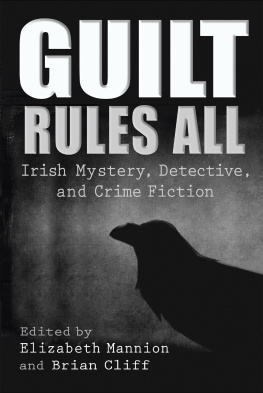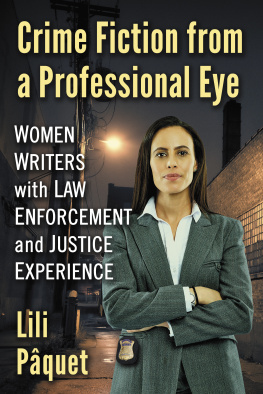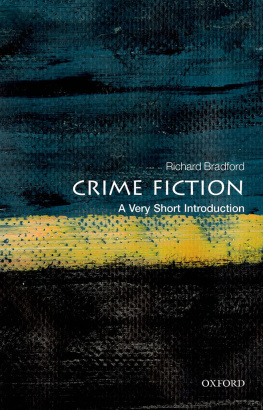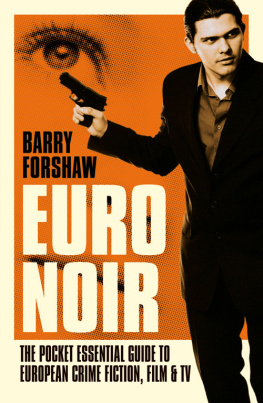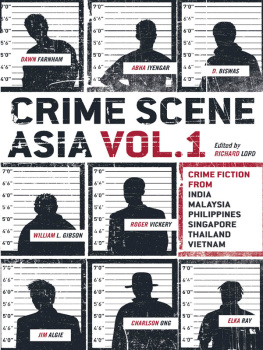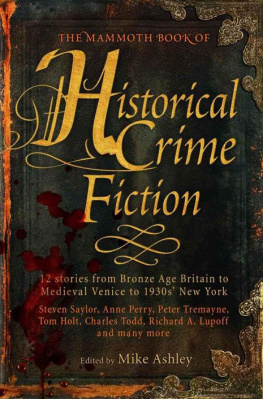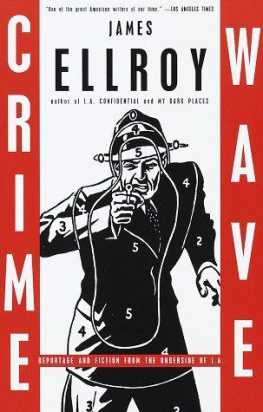Cover

| title | : | Crime Fiction New Critical Idiom |
| author | : | Scaggs, John. |
| publisher | : | Taylor & Francis Routledge |
| isbn10 | asin | : | 0415318246 |
| print isbn13 | : | 9780415318242 |
| ebook isbn13 | : | 9780203598535 |
| language | : | English |
| subject | Detective and mystery stories, English--History and criticism, Detective and mystery stories, American--History and criticism, Crime in literature. |
| publication date | : | 2005 |
| lcc | : | PR830.C74S28 2005eb |
| ddc | : | 823/.087209 |
| subject | : | Detective and mystery stories, English--History and criticism, Detective and mystery stories, American--History and criticism, Crime in literature. |
Page i
CRIME FICTION
Crime Fiction provides a lively introduction to what is both a wideranging and a hugely popular literary genre. Using examples from a variety of novels, short stories, films and television series, John Scaggs:
presents a concise history of crime fiction from biblical narratives to James Ellroy broadening the genre to include revenge tragedy and the gothic novel
explores the key sub-genres of crime fiction, such as Mystery and Detective Fiction, The Hard-Boiled Mode, The Police Procedural and Historical Crime Fiction
locates texts and their recurring themes and motifs in a wider social and historical context
outlines the various critical concepts that are central to the study of crime fiction, including gender studies, narrative theory and film theory
considers contemporary television series such as C.S.I.: Crime Scene Investigation alongside the classic whodunnits of Agatha Christie
Accessible and clear, this comprehensive overview is the essential guide for all those studying crime fiction and concludes with a look at future directions for the genre in the twenty-first century.
John Scaggs is a Lecturer in the Department of English at Mary Immaculate College in Limerick, Ireland.
Page ii
THE NEW CRITICAL IDIOM
SERIES EDITOR: JOHN DRAKAKIS, UNIVERSITY OF STIRLING
The New Critical Idiom is an invaluable series of introductory guides to todays critical terminology. Each book:
provides a handy, explanatory guide to the use (and abuse) of the term
offers an original and distinctive overview by a leading literary and cultural critic
relates the term to the larger field of cultural representation
With a strong emphasis on clarity, lively debate and the widest possible breadth of examples, The New Critical Idiom is an indispensable approach to key topics in literary studies.
Also available in this series:
The Author by Andrew Bennett
Autobiography by Linda Anderson
Class by Gary Day
Colonialism/Postcolonialism by Ania Loomba
Comedy by Andrew Stott
Culture/Metaculture by Francis Mulhern
Difference by Mark Currie
Discourse by Sara Mills
Drama/Theatre/Performance by Simon Shepherd and Mick Wallis
Dramatic Monologue by Glennis Byron
Ecocriticism by Greg Garrard
Genders by David Glover and Cora Kaplan
Gothic by Fred Botting
Historicism by Paul Hamilton
Humanism by Tony Davies
Ideology by David Hawkes
Interdisciplinarity by Joe Moran
Intertextuality by Graham Allen
Irony by Claire Colebrook
Literature by Peter Widdowson
Magic(al) Realism by Maggie Ann Bowers
Metre, Rhythm and Verse Form by Philip Hobsbaum
Modernism by Peter Childs
Myth by Laurence Coupe
Narrative by Paul Cobley
Parody by Simon Dentith
Pastoral by Terry Gifford
The Postmodern by Simon Malpas
Realism by Pam Morris
Romance by Barbara Fuchs
Romanticism by Aidan Day
Science Fiction by Adam Roberts
Sexuality by Joseph Bristow
Stylistics by Richard Bradford
Subjectivity by Donald E. Hall
The Unconscious by Antony Easthope
Page iii
CRIME FICTION
John Scaggs

LONDON AND NEW YORK
Page iv
First published 2005
by Routledge
2 Park Square, Milton Park, Abingdon, Oxon OX14 4RN
Simultaneously published in the USA and Canada
by Routledge
270 Madison Ave, New York, NY 10016
Routledge is an imprint of the Taylor & Francis Group
This edition published in the Taylor & Francis e-Library, 2004.
To purchase your own copy of this or any of Taylor & Francis or Routledges collection of thousands of eBooks please go to www.eBookstore.tandf.co.uk.
2005 John Scaggs
All rights reserved. No part of this book may be reprinted or
reproduced or utilised in any form or by any electronic,
mechanical, or other means, now known or hereafter invented,
including photocopying and recording, or in any information
storage or retrieval system, without permission in writing from
the publishers.
British Library Cataloguing in Publication Data
A catalogue record for this book is available from the British Library
Library of Congress Cataloging in Publication Data
Scaggs, John, 1970
Crime fiction / John Scaggs.
p. cm. (The new critical idiom)
Includes bibliographical references and index.
1. Detective and mystery stories, EnglishHistory and criticism.
2. Detective and mystery stories, AmericanHistory and criticism.
3. Crime in literature. I. Title. II. Series.
PR830.C74S28 2005
823.087209dc22 2004016596
ISBN 0-203-59853-9 Master e-book ISBN
ISBN - (OEB Format)
ISBN 0-415-31825-4 (hbk)
ISBN 0-415-31824-6 (pbk)
Page v
To My Grandmother
Margaret Carter
Page vi
This page intentionally left blank.
Page vii
CONTENTS
SERIES EDITORS PREFACE | ix |
ACKNOWLEDGEMENTS | x |
Introduction | |
| A Chronology of Crime | |
Early Crime Narratives | |
Crime Stories as Cautionary Tales | |
Crime Fiction and Policing | |
The Golden Age to the Present | |
| Mystery and Detective Fiction | |
Retracing the Steps: The Origins of Mystery Fiction | |
Reasoning Machines: The Figure of the Amateur Detective |
Next page

